Greetings, Trailblazers! 🌟
Welcome back to edition 7 of the NARU newsletter. In many ways, this edition is an important one to myself, and people who have come far in the journey with NARU.
As some of you may know, NARU started from a need during the COVID-19 pandemic to help members of AISIEC (a global student-run leadership club) meet online and keep one another accountable. It was during a particularly new time when Zoom meetings replaced in-person events, social media replaced coffee chats and random bump-ins on university campuses, and the bedroom was replaced by the freedom of the outside world.
When most of the world we know was replaced by the new digital world, many of us started to feel isolated and alone. But why? Doesn’t social media connect us with people from all around the world, whom we would otherwise never be able to meet? Doesn’t having technology help us be more efficient in our work, save time, and achieve our goals faster? Why was reality so far from what we expected life could be? This was the time when my co-founder Khairi Johari and I (alongside a few other friends) realised: the world is going south with managing the impact of social media. And none of it was predictable.
Unpacking "Social Media"
The Quest for Authenticity in a Digital World
In an age where our digital footprints are as significant as our physical presence, the content that we scroll through on social media becomes the path that feeds complicated algorithms designed to mimic the world that we live in.
Have you ever accidentally dived shoulder-deep into content that you didn’t mean to? It could be cat videos, pranks on strangers or grandparents dancing to viral songs. Regardless of what your intention was when you paid attention to the first video, the algorithm changes its entire feed to show similar videos of the same taste. It’s an AI spectacle really, but the effects of that on our perception of reality are immeasurable.
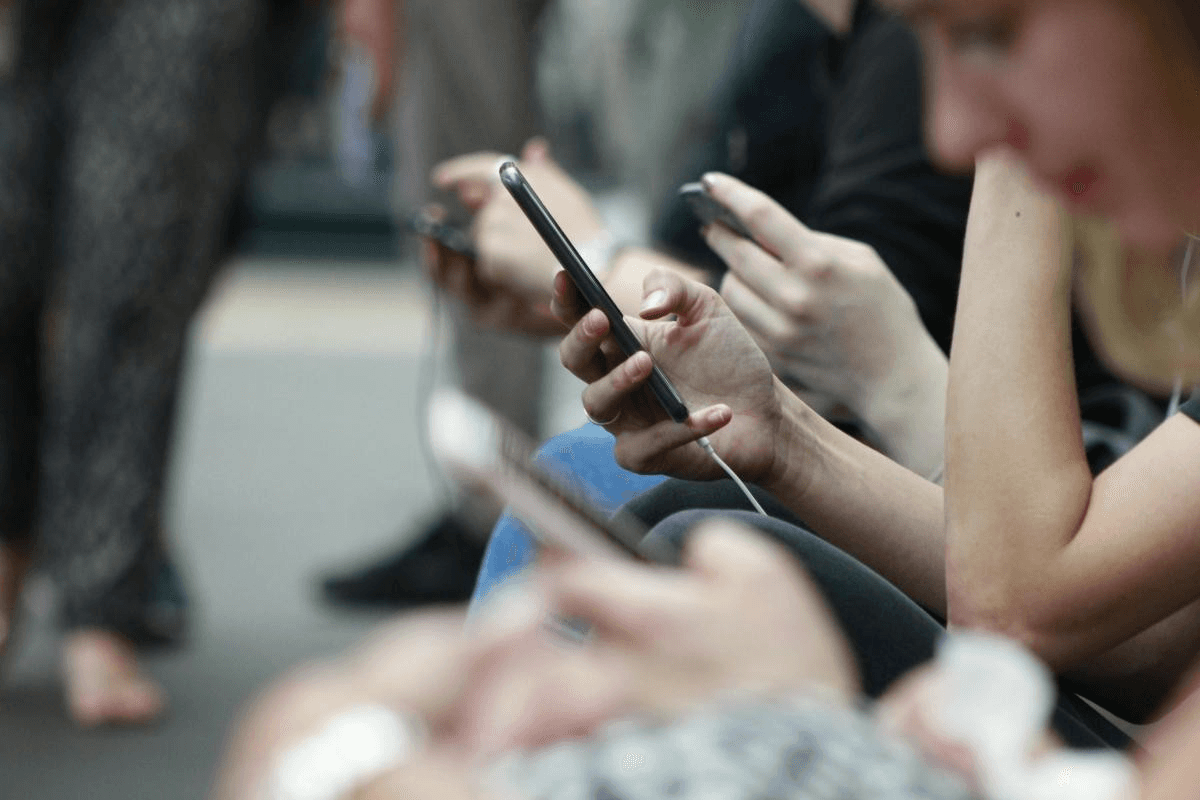
Photo by ROBIN WORRALL (Unsplash).
Understanding the Pitfalls of Conventional Social Medial Platforms
What if a 10-year-old child who uses YouTube on an iPad as their window to the outside world starts to find videos on cold-blooded murder and horror stories? What is worse is that social media algorithms are trained to show the very best or very worst of humanity - this is called the “Dunning Kruger” effect, which defines the phenomenon that people with limited competence in a particular domain can usually overestimate their abilities.
The majority of people who usually call themselves the experts and actively post on social media are those who are no experts at all, but a passionate spreader of false and/or biased information. It doesn’t take a lot of imagination to see how humanity can call to the sidelines of many niche beliefs without careful moderation.
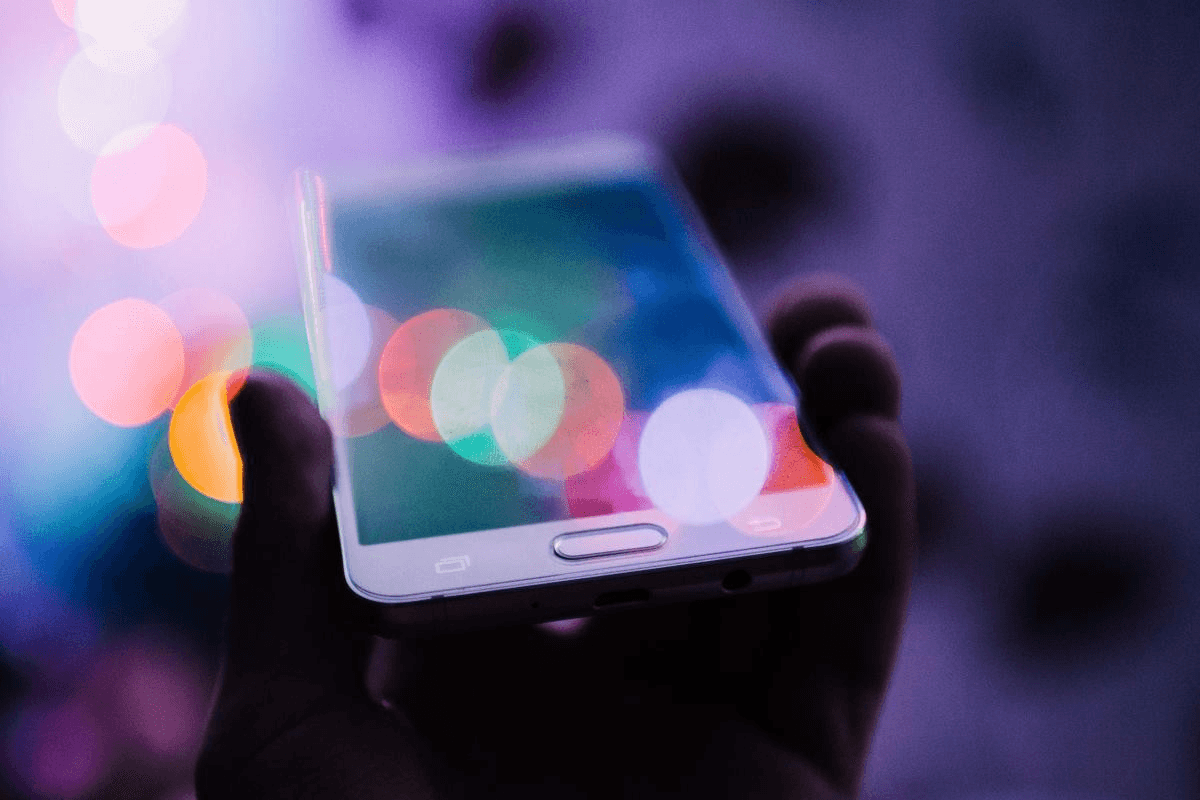
Photo by Rodion Kutsaiev (Unsplash).
The Effects of Today’s Social Media on Mental Health
The problem with mainstream social media is not just about vanity metrics or addiction; it's deeper. It lies within the very fabric of how these platforms operate—encouraging comparison over connection, isolation over interaction, and presenting a skewed perception of reality that only showcases polished versions of people's lives. This creates an environment ripe for mental health issues.
During the COVID-19 pandemic lockdowns, we all felt this even more acutely. As physical distancing became the norm, digital connections were put to the test—and they often failed to provide the genuine human interactions we craved. Before it was easy to observe whether a friend was available for us to rant about our frustration. More than ever during the pandemic, it was almost impossible to reach out to those we know for fear of burdening them. Even if those who truly cared would want to listen and help, there was no way of communicating your pain.

Photo by Anthony Tran (Unsplash).
A New “Mindful” Social Media
NARU's Approach: Connection over Comparison
We spent the last 3 years designing a platform that aims to redefine what it means to be 'social' online by encouraging self-expression instead of self-comparison. On NARU, creating content isn't about impressing others but sharing your authentic journey with people who genuinely care about you—not just another faceless follower count.
It encourages documenting personal achievements and experiences without fear or pressure—reflecting a complete picture rather than a curated one. Like how you may have spoilt your first time cooking green curry the other day, or how training your cat to pee in its litter box is a lot harder than you thought! You may start to see that by being our authentic selves, NARU promises depth and authenticity in online interactions that have long been missing from our feeds.
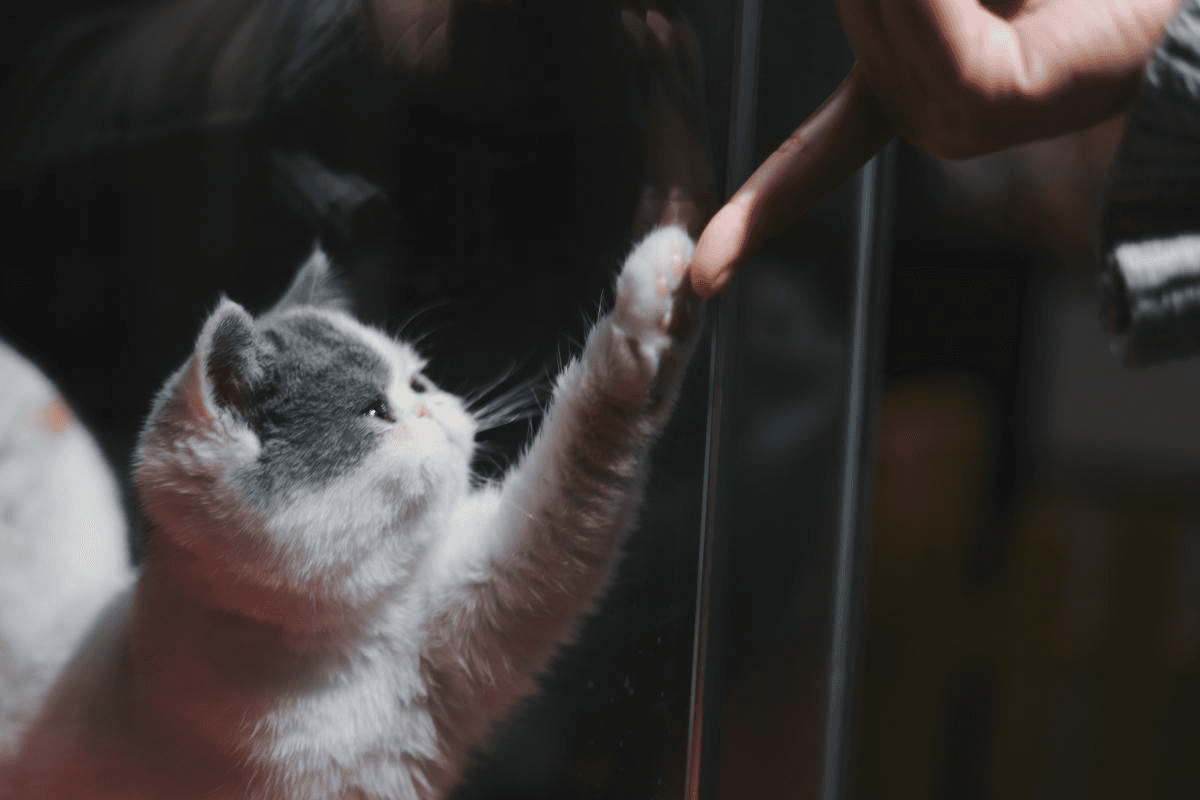
Photo by Raychan (Unsplash).
Building Deep Connections Through Shared Interests
One unique aspect of mindful social media is building deep connections based on shared interests and goals rather than keeping everyone and anyone you’ve ever met in your life as that “follower you never talk to” on other platforms. On NARU, you can share different facets of your lives with different groups of people who resonate with those particular aspects—be it hobbies, challenges faced or milestones you want to achieve. Imagine that for every piece of journal entry or “post” you make on NARU, you get to decide who sees it, and who gets notified of it. You’re free to show your sister, brother, mum or neighbour - nobody is judging (we’re all doing it).
This approach aligns well with combating loneliness by providing community support where members encourage each other through accountability partners—a far cry from passive likes and comments which seldom translate into real-world support systems.
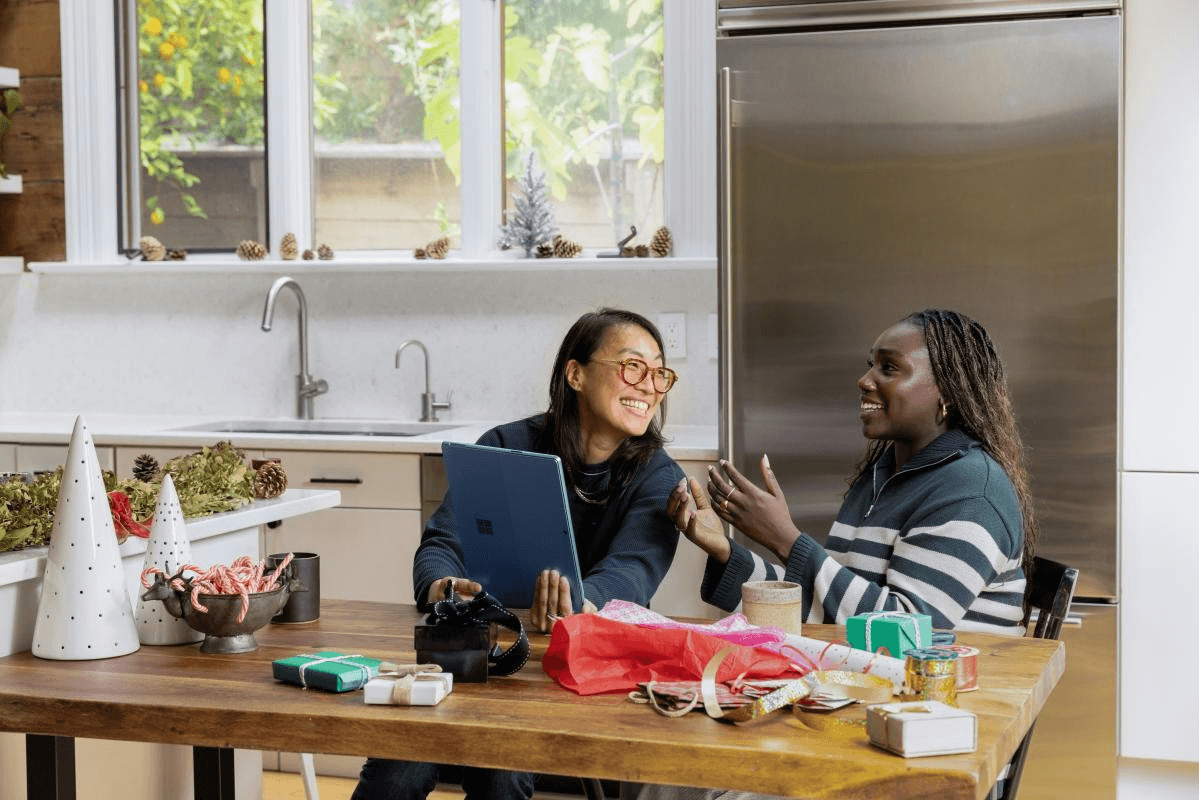
Photo by Surface (Unsplash).
A Space That Mirrors Real-Life Interaction Dynamics
NARU acknowledges that human relationships are multifaceted—we all have different circles depending on context (work friends vs hobby buddies), something most traditional platforms overlook by lumping all contacts together indiscriminately. Even on Instagram, you have “close friends” - yet those are only described by 1 group of people you selectively choose, and not all are equal when it comes to true accountability, support and friendship in each part of your life.
By bringing more nuance to online relationships and replicating real-life dynamics digitally— NARU takes it one step closer towards fulfilling the innate need for meaningful interaction beyond superficial exchanges. Instead of projecting ourselves in a 2D world that social media algorithms strive to define us by, on NARU, we can live in multiple dimensions for every path in our life we’ve ever wanted to walk down or experiment with.
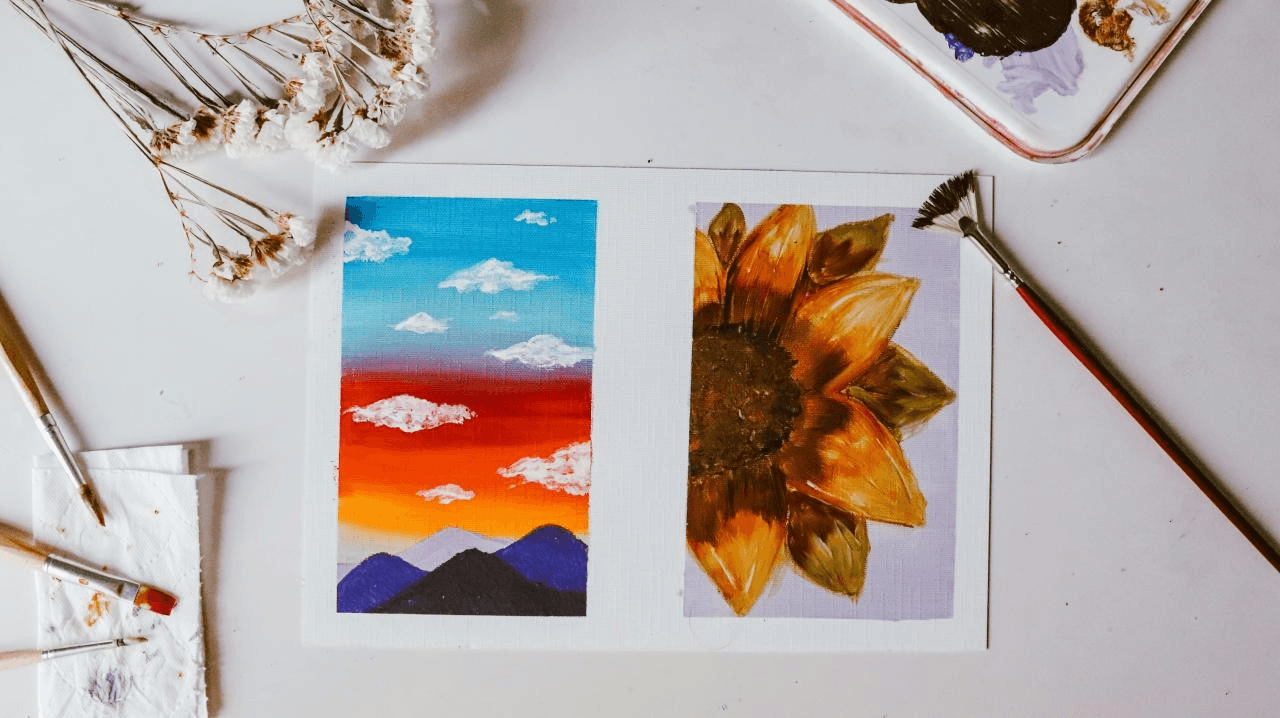
So, what’s next?
The emergence of mindful social media platforms like NARU couldn't be more timely. Traditional social media has often been criticized for its role in promoting toxicity and unrealistic standards, leaving many users feeling inadequate when comparing their behind-the-scenes to everyone else’s highlight reel.
Interested in being part of this new wave? Visit naru.com.au today!
Stay healthy & gold,
Co-founder & Product @ NARU

